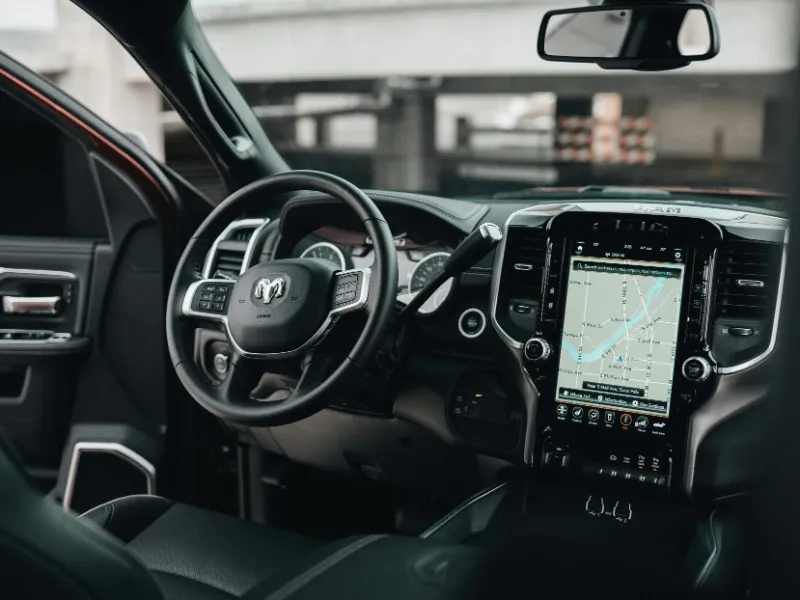- The journey toward fully autonomous vehicles is accelerating, with companies like Tesla, Waymo, GM, Mercedes-Benz, Audi, and Volvo, leading the charge.
- These self-driving cars are not just about convenience; they promise to revolutionise safety, efficiency, and the overall driving experience
The realm of self-driving cars, once a figment of science fiction, is becoming a reality with each passing day. Various automakers and tech companies are relentlessly pushing the envelope, making autonomous vehicles (AVs) a pivotal part of the future of transportation. Here, we delve into the key players and models that have embraced self-driving technology, exploring what’s available on the market and what we can expect in the near future.
Tesla
Tesla is often the first name that comes to mind when discussing self-driving cars. The company’s Autopilot and Full Self-Driving (FSD) packages offer some of the most advanced autonomous features available to consumers today. Models such as the Model S, Model 3, Model X, and Model Y come equipped with these systems, which include capabilities like automatic lane-keeping, adaptive cruise control, and even traffic light and stop sign control. While Tesla’s technology still requires driver supervision, the continuous software updates promise increasingly sophisticated levels of autonomy.
Also read: GM pioneers self-driving tech with CEO’s strong support
Waymo
Waymo, a subsidiary of Alphabet Inc., has been at the forefront of autonomous driving technology. Although Waymo does not sell cars directly to consumers, it operates a commercial self-driving taxi service called Waymo One in Phoenix, Arizona. Utilising a fleet of modified Chrysler Pacifica minivans and Jaguar I-PACE vehicles, Waymo’s technology aims to achieve full Level 4 autonomy, where the vehicle can handle most driving situations independently, although a human driver can take control if necessary.
Also read: Tesla’s Full Self-Driving software price drops to $8000
General Motors
General Motors (GM) has made significant strides with its autonomous vehicle division, Cruise. The Cruise AV, based on the Chevrolet Bolt, is designed without a steering wheel or pedals, emphasising a future where human intervention is unnecessary. Although not yet available for consumer purchase, Cruise vehicles are being tested extensively in San Francisco, showcasing GM’s commitment to a driverless future.
Mercedes-Benz
Mercedes-Benz has integrated advanced driver assistance systems into several of its models, including the S-Class and the EQS. With features like Active Distance Assist DISTRONIC, Active Steering Assist, and the Drive Pilot system (which aims to achieve Level 3 autonomy), Mercedes-Benz is blending luxury with cutting-edge technology. Level 3 autonomy allows the car to handle most driving tasks, but the driver must remain available to take over if the system requests.
Audi
Audi has been proactive in developing self-driving technology, most notably with its A8 model. The Audi AI Traffic Jam Pilot, designed for Level 3 autonomy, allows the car to manage driving in slow-moving traffic up to 60 km/h (37 mph). While regulatory hurdles have slowed widespread deployment, Audi continues to innovate and push the boundaries of what its vehicles can achieve autonomously.
Volvo
Volvo, known for its commitment to safety, is equally dedicated to advancing self-driving technology. The XC90, equipped with Volvo’s Pilot Assist system, offers semi-autonomous features such as adaptive cruise control and lane-keeping assistance. Volvo’s goal is to achieve full Level 4 autonomy with future models, ensuring that its self-driving cars maintain the highest safety standards.

